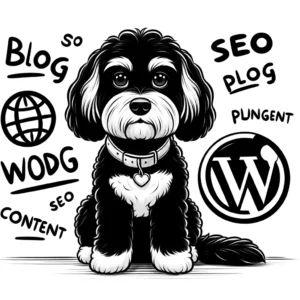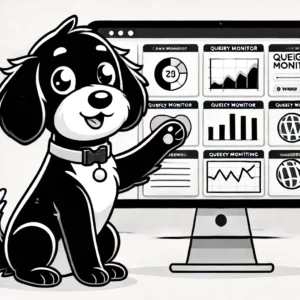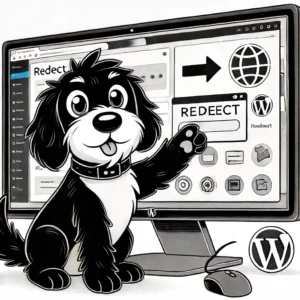Understanding WordPress.org and WordPress.com
When exploring options for building a website, understanding the distinct functionalities and service models of WordPress.org and WordPress.com is crucial for users to make an informed choice.
Fundamentals of WordPress.org and WordPress.com
WordPress.org is an open-source content management system (CMS) that allows users to build and manage a website on their own hosting service. Being self-hosted means users need to secure a web hosting provider, but it offers greater control and customization of their site. WordPress.com, in contrast, is a hosted platform run by Automattic where users can create a website or blog under the WordPress umbrella, and the hosting is managed for them.
Key Differences in Functionality and Features
WordPress.org provides users with the freedom to install custom themes and plugins, which are essential for tailoring the functionality and appearance of their sites. Users have full control over their website’s CSS and templates, enabling deep customization. WordPress.com offers a more limited selection of themes and does not allow plugins on their free or personal plans; this changes with their premium plans, allowing for more flexibility.
- WordPress.org: complete control and flexibility; install any plugin or theme.
- WordPress.com: limited customization on free/personal plans; greater variety and control on business and premium plans.
Cost and Monetization Perspectives
WordPress.org involves separate costs for web hosting, domain names, and potentially themes or plugins. However, it allows for robust ecommerce solutions like WooCommerce and various monetization methods, including direct ads. On the other hand, WordPress.com offers a free plan with basic features and the option to move to higher-tiered plans for additional features. The monetization feature like WordAds is available on the premium and higher plans, and while free users can’t run ads, they can upgrade for this ability.
- WordPress.org: potentially higher upfront costs; complete monetization control.
- WordPress.com: free plan available; monetization options such as WordAds on higher-tier plans.
Choosing the Right Platform for Your Needs
When deciding between WordPress.org and WordPress.com, users must consider factors such as usability, hosting needs, security requirements, and the level of customization desired. Understanding these elements helps in making an informed choice suitable for the user’s individual or business objectives.
Comparing Usability and User Experience
WordPress.org, often referred to as the self-hosted version, provides users with a high degree of flexibility and customization. It is optimal for those who have some technical knowledge or are willing to learn. Setting up involves obtaining server space from a hosting company, installing WordPress, and managing updates. While this means more responsibility for the user, it also enables the use of custom plugins, themes, and widgets to create a unique online presence.
Conversely, WordPress.com offers a more streamlined experience that is friendlier for beginners. Offering a range of plans from free to various paid levels, users can start without an initial setup or hosting concerns. The usability here is straightforward, as configuration and maintenance are handled by the platform itself. This is a significant advantage for users looking for an ease of use but limits the customization options available to them.
Understanding Hosting and Security Offerings
With WordPress.org, the user is responsible for choosing a hosting provider. Decisions around server space, bandwidth, and security fall on the user. Yet, this also means the freedom to implement SSL certificates or other security measures as desired or required. The self-hosted WordPress encourages a hands-on approach, but this comes with the need to manage backups and security actively.
WordPress.com, on the other hand, includes hosting as part of its service. Even on the free plan, the necessary hosting is provided, and the platform maintains the site’s security. Paid plans offer enhanced features, including additional security measures. While this may be limiting for WordPress developers wanting server-level access, for many users, the peace of mind offered by managed hosting and security is invaluable.
WordPress for Developers and Designers
For WordPress developers and designers, WordPress.org offers an open-source platform that fully supports PHP and allows for deep customization through direct access to the codebase. They can modify CSS, create custom themes, or build and install unique plugins to achieve specific functionalities. The self-hosted version of WordPress is a robust framework for those who require a tailored environment or specialized features for their business websites.
In contrast, WordPress.com curtails the ability to alter the site at the code level, especially on its free or lower-tier plans, which can stifle design and development flexibility. However, it still provides a selection of pre-made themes and widgets which can be used to create an attractive site without needing to edit the underlying code. High-tier plans on WordPress.com offer more customization opportunities, including the ability to install themes and plugins, but these options are still not as extensive as what is available on WordPress.org.













